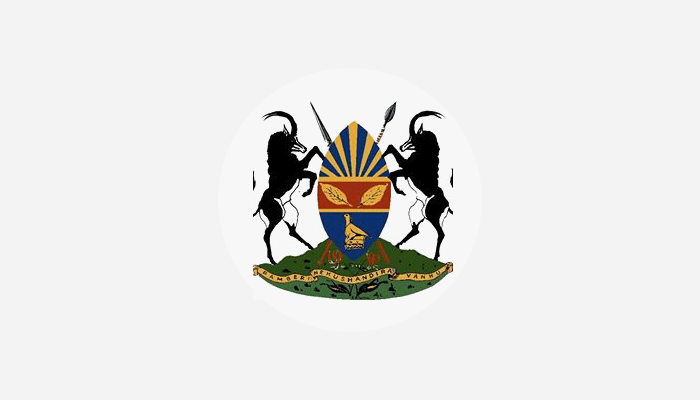
THE City of Harare plans to widen the crackdown against illegal businesses in the capital after closing more than 500 businesses in the central business district (CBD).
Council says the crackdown is part of sweeping measures aimed at enforcing municipal by-laws and recovering millions in outstanding debts.
The operation, dubbed Operation CBD Order Restoration, was launched on July 28 to compel all businesses to comply with regulations, including fire safety standards, building permits, business licences and rates payment.
The council has expanded the blitz to industrial and commercial areas starting from September 1, with an ultimate target of 100% compliance.
“Operation Order Restoration will now be spread to the industrial areas (heavy and light industries) and commercial service centres effective 1st of September 2025,” acting town clerk Phakamile Mabhena Moyo said yesterday.
“The city is taking appropriate remedial action to recover its debts, while enforcing compliance with minimum service delivery standards as per President’s Call to Action — No Compromise to Service Delivery.”
The CBD phase of the operation is expected to end on September 30.
Council officials have been conducting unannounced inspections, issuing closure orders to entities operating without valid licences, fire certificates, permits or those with outstanding municipal bills.
- HCC considers cancelling ZimPhos contract
- Harare charges resident in US$
- We're not immune to prosecution: Land developer
- Govt to blame for Mupedzanhamo chaos
Keep Reading
“We, therefore, urge all industrialists and business operators to comply with the city officials as they carry out their mandate," the acting town clerk said in a statement.
“To avoid inconveniences of having businesses closed, we urge operators in industrial and commercial areas to immediately visit our offices to ensure maximum compliance.”
He said the municipality had issued 1 202 new and renewed business licences, 536 fire compliance certificates and 11 certificates of occupation for buildings that previously violated model building by-laws since the operation began.
Moyo said the crackdown had seen a 21% increase in revenue collection.
Meanwhile, the municipality has started the 2026 pre-budget consultation meetings, but residents dismissed the process as largely meaningless given the local authority’s failure to incorporate public input in previous years.
Harare Residents Trust director, Precious Shumba, urged residents to attend in large numbers, but did not mince his words regarding the city’s track record.
“They should not just have the budget consultations for thesake of ticking boxes,” Shumba said.
“They need to take seriously voices raised by the residents and fight financial leakages by putting a proper billing system in place...”
He added: “Despite all this, we are urging residents to attend these meetings in their numbers and raise their concerns, although I know previous consultations have been meaningless because Harare City Council failed to implement any of the solutions we offered.”
Reuben Akili, leader of the Combined Harare Residents Association, echoed similar sentiments.
“We are ready for the budget consultations, but we have one serious issue: even when we raise issues, we continue to see the same challenges,” Akili noted.
“We have heard from our mayor, Jacob Mafume, that we have lost millions of dollars due to leakages because we don’t have a proper billing system.”
Residents argue that if action is not taken to address governance failure, revenue collection inefficiencies and poor service delivery, the meetings risk being little more than a formality.
Observers said the coming weeks will show whether this year’s budget process will reflect genuine engagement or deepen the cycle of public distrust.










